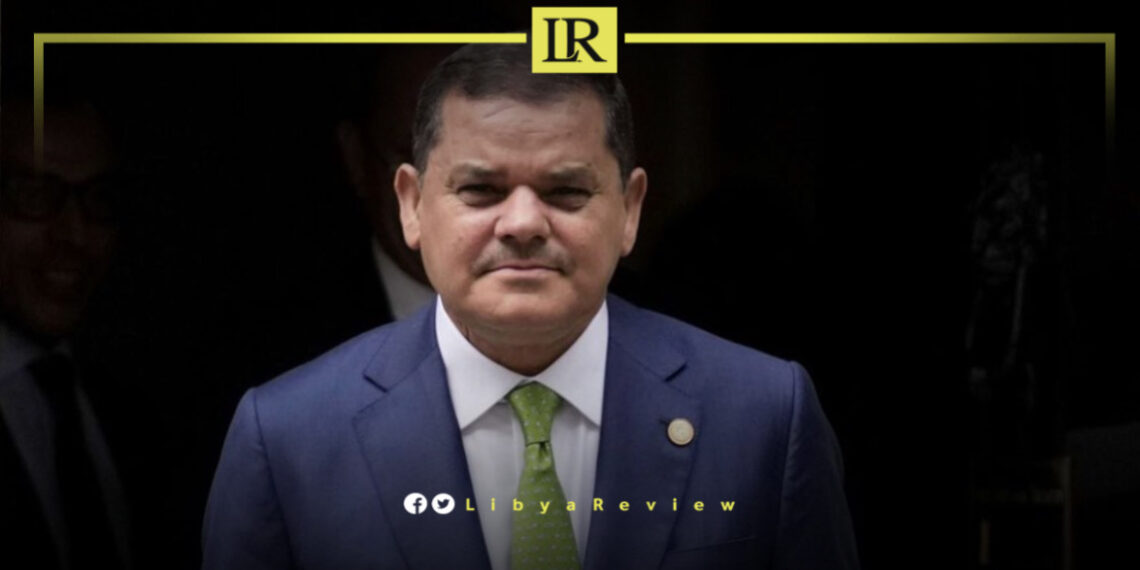Libyan Prime Minister of the interim Government of National Unity (GNU) Abdul Hamid Dbaiba has once again refused to step aside, rejecting calls for forming a new government and accusing political rivals of obstructing progress to prolong their hold on power.
Speaking at the Government Communication Forum, Dbaiba dismissed demands for change, insisting that any new government must be elected by a parliament that reflects the will of the Libyan people.
“Extending these endless transitional phases is unacceptable,” Dbaiba declared. “Those calling for a new government are the same people clinging to their positions, backed by foreign powers.”
Dbaiba also dismissed accusations of his own government’s failure, blaming Libya’s stalled presidential elections on political factions and external interference.
“The Libyan people are not divided. It is the meddling of others that keeps us trapped in this cycle of instability,” he said.
Despite repeated calls for constitutional and electoral reforms, Dbaiba appeared unwilling to cooperate with Libya’s rival factions to resolve the political crisis.
His insistence on staying in power until electoral laws are finalized has drawn criticism from opponents, who accuse him of using delays to consolidate his position.
Libya’s transitional government, led by Dbaiba since 2021, was tasked with leading the country to elections, but the process has been stalled due to disputes over the legal framework.
Additionally, the Libyan House of Representatives (HoR) claim his government has overstayed its mandate, while Dbaiba insists he will only step down after elections.
As Libya’s political stalemate continues, calls for an inclusive, Libyan-led solution grow louder, with many accusing Dbaiba of prioritizing his position over the country’s future.


